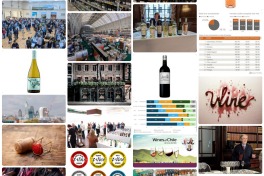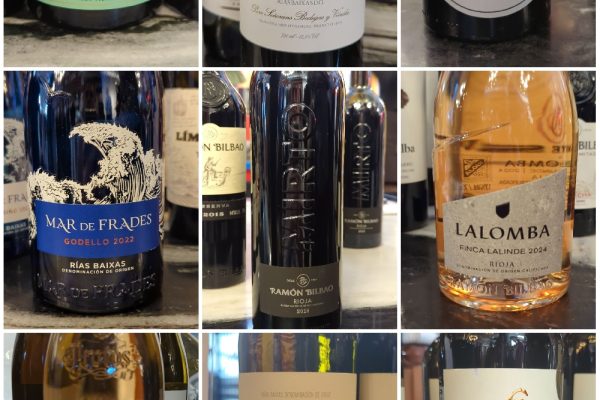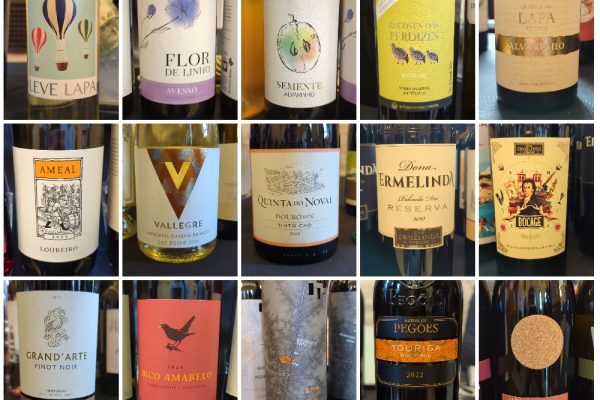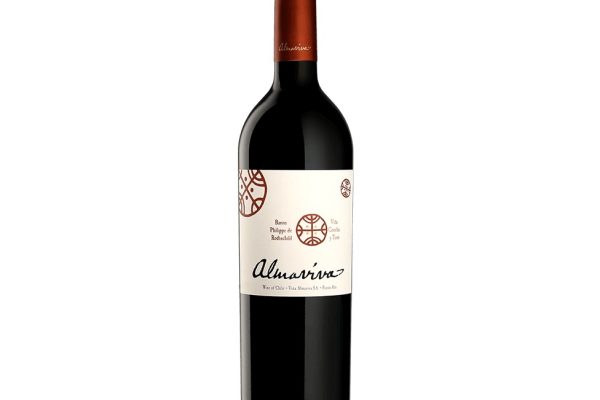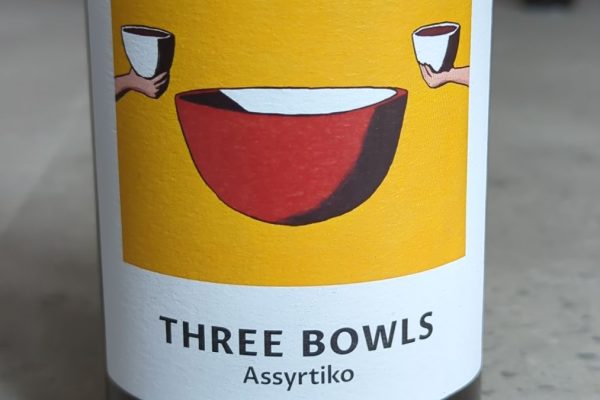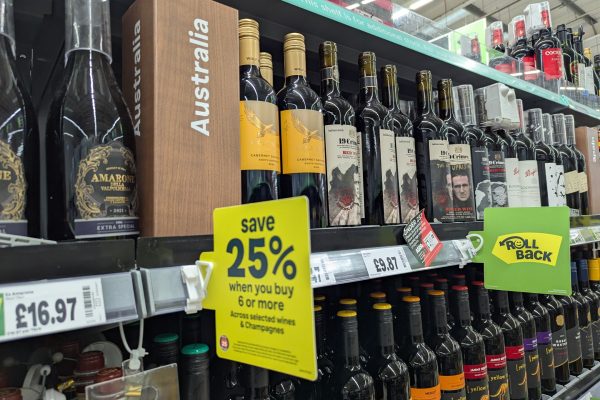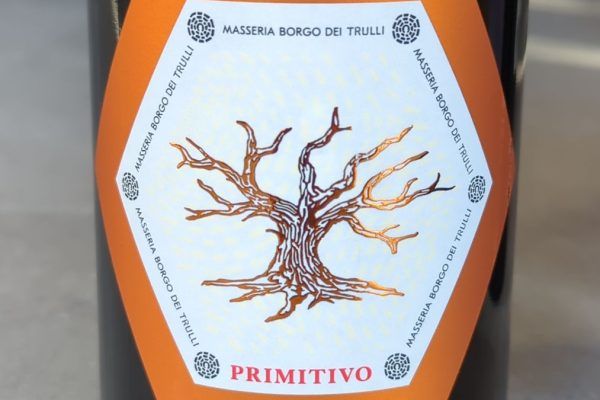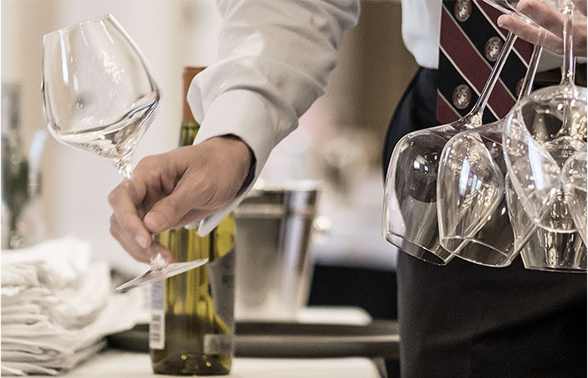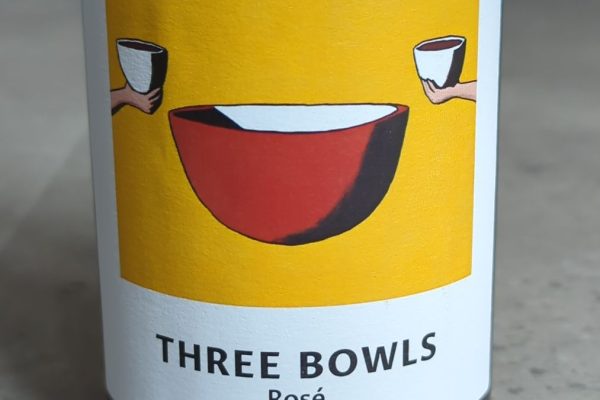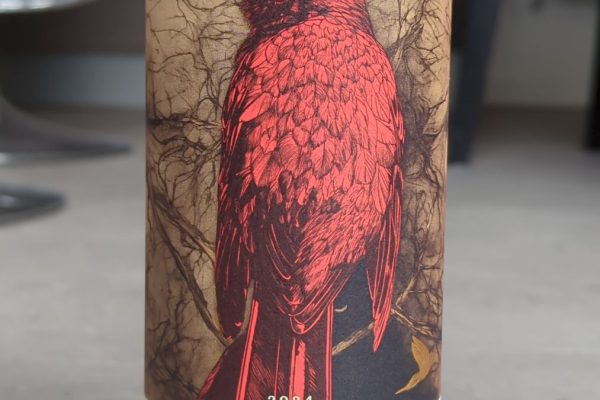
Just Drinks has a thought-provoking article on ‘Why Branding Could Be Behind Falling Wine Consumption‘. The wine industry is facing a challenging time with global wine consumption gradually declining since 2007, a trend that is accelerating. The article explains how the decline might be partially attributed to the wine industry’s approach to branding and marketing, which has not evolved at the same pace as other beverage categories.
A significant issue is the focus on appellations, often at the expense of effective branding. In France, the appellation model has been so heavily used that it now covers 91% of wines produced, up from 31% in 1970. This approach has led to the creation of numerous obscure appellations that are largely unknown to the average consumer. Laurent Delauney, owner of Delaunay Vins et Domaines, argues that this model is not universally applicable and neglects a quality, branded approach, which he believes was a mistake.
The importance of branding in the wine industry cannot be overstated. A strong brand not only builds familiarity and trust but also resonates with consumers on a deeper level, connecting with their identity and preferences. For example, the natural wine movement has gained traction not necessarily because of superior taste but because it aligns with current cultural trends and values. Another aspect of branding that the wine industry has been slow to adopt is targeting specific consumer segments.
There are opportunities for innovation and growth in the wine industry. Brands that are bold and brave, willing to step away from traditional approaches and embrace modern branding and marketing strategies, are more likely to thrive. This includes focusing on the consumer’s experience and preferences rather than solely on the wine’s production aspects.
Virgin Wines in the UK is a prime example of a company that has adeptly adopted modern branding while still honouring winemakers. They often work in tandem with expert brand creators and winemakers to develop not only the labels but also the wines themselves, tailoring them to meet the distinct preferences of different consumer segments. UK Supermarkets have similarly been at the forefront of this trend, offering pseudo-branded wines that resonate with consumers.
To counter the trend of declining consumption, the wine world might need to embrace more progressive branding and marketing strategies that resonate with a broader range of consumers, including younger generations. This shift may require a significant cultural change within the industry, moving away from a heavy reliance on tradition and towards a more consumer-centric approach.




